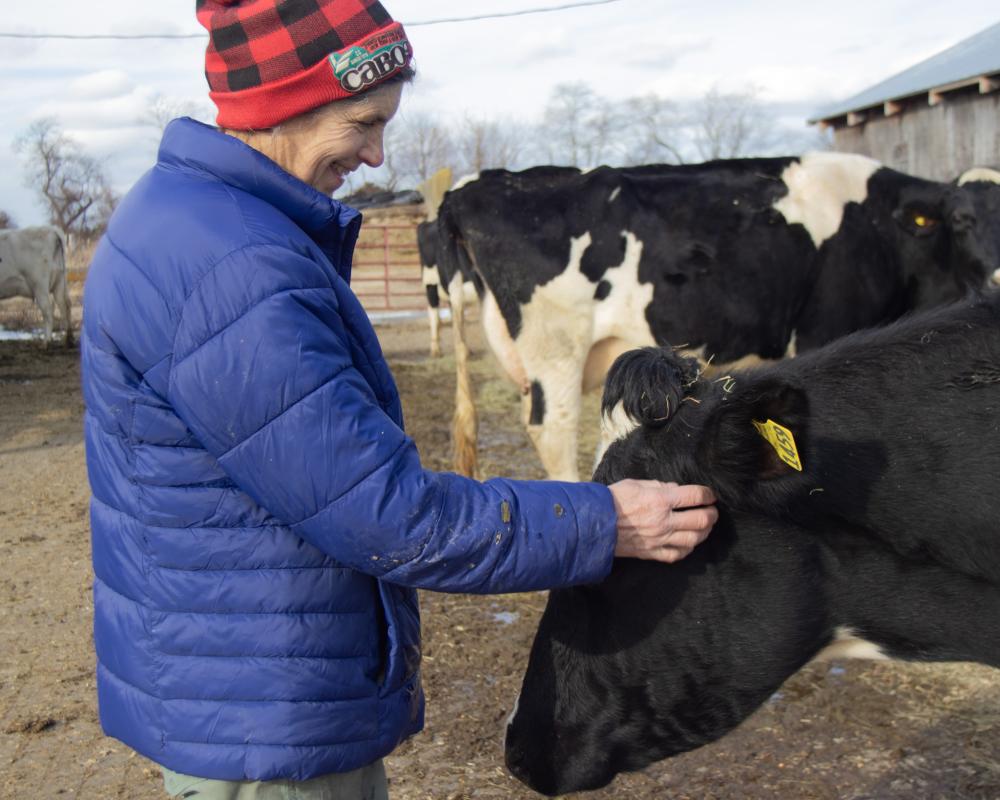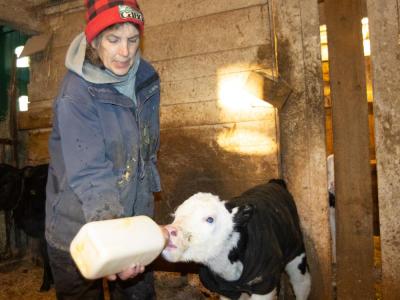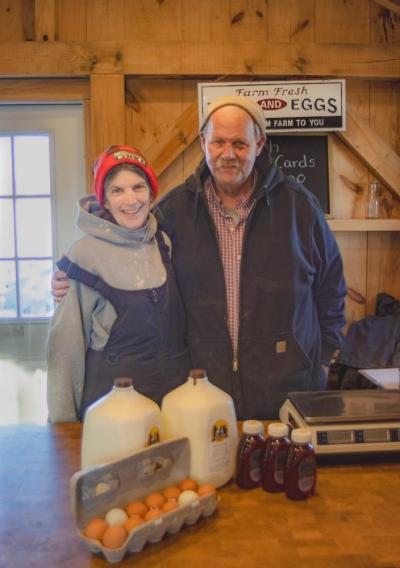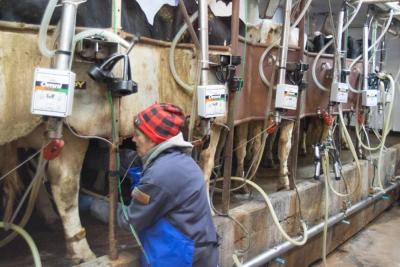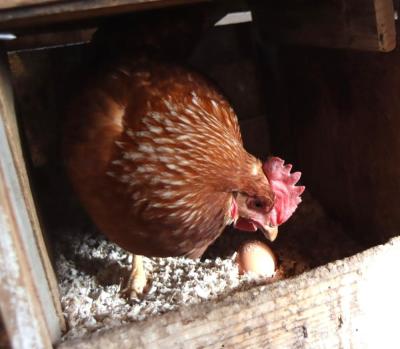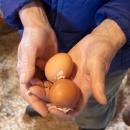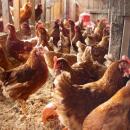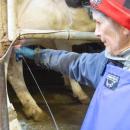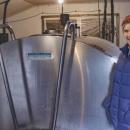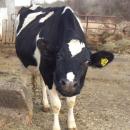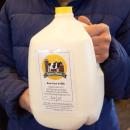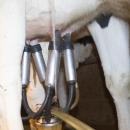Reimagined and raw: Lolans Farm milks a new approach to dairy farming
MIDDLEBORO —- When problems with a global oversupply of milk peaked during the Covid pandemic and milk prices plummeted, Sue and Sam Shields of Lolans Farm decided it was time to get out of the commercial dairy industry.
At the time, their Middleboro dairy farm, which sits on a 100-acre stretch of land bisected by Route 105, had 90 cows. As the farm’s only full-time employees, the couple had their hands full and were making between $2 and $2.50 per gallon as members of the Cabot Creamery cooperative.
“It was just a lot of work, and it wasn’t worth it for us anymore,” remembers Sue who, at 67, said age and life circumstances, contributed to their decision to get out of the dairy business.
But when they did not successfully sell all their cows, another plan took shape: They would sell raw milk directly to consumers.
The transition from the wholesale to the consumer market was “almost like a career switch,” says Sue. Marketing had always been something a cooperative handled.
Since Sue’s grandparents opened it in 1946, Lolans had sold milk commercially through Cabot and other cooperatives, farmer-owned operations that help agricultural producers market and sell their products.
Cooperatives offer members many benefits, said Sam, 69, such as a guaranteed market for one’s product. Trucks would come every other day to the farm to collect whatever milk they had. Co-ops help “create a balance between supply and demand,” he explained.
But as co-op members, farmers have no control over the price they get paid for milk, a figure that is governed by a complex set of regulations. The Shields decided it was a good time to get out of the commercial market when Cabot offered them a financial incentive to leave during Covid, which saw a surplus of milk on the global market.
“I never really wanted to get out of the industry,” said Sue, who believes farming “is in her blood.” That answer comes as no surprise to Sam, who has known one thing for sure since he met his wife working alongside her at Whittier Farms in Sutton, more than 40 years ago.
“You don’t like cows. You love cows,” he said, looking at her from across the kitchen of their 1749 farmhouse.
Sue and Sam Shields have operated the farm since 1997, when they took over ownership from Sue’s parents, who had inherited the farm from her grandparents.
The farm now sells raw milk, eggs, and fruits and vegetables in the summer and fall. Raw milk sells for $10 a gallon, and customers pass up the $4.99 grocery store price for it, with some traveling as far as Boston to get it.
“We’re the only farm in the area that sells raw milk” noted Sue.
Raw milk has not been pasteurized, or treated through a heating process to eliminate pathogens, for safe consumption and longer shelf life.
The benefits and risk of consuming raw milk has long sparked controversy, with governmental organizations such as the Centers for Disease Control and Prevention and the Food Drug Administration warning people that drinking raw milk could lead to serious illnesses through exposure to harmful bacteria.
According to the CDC, “pasteurized milk offers the same nutritional benefits without the risks of raw milk consumption.” Since the early 1900s, pasteurization has been a key factor in stopping the spread of milk-borne diseases such as typhoid fever, tuberculosis and diphtheria.
“There was a good reason for pasteurization,” said Sam, who likens drinking raw milk to eating raw shellfish or sushi.
As producers of raw milk, the Shields must follow strict sanitation and animal welfare measures. Monthly milk samples are sent to the Massachusetts Department of Agricultural Resources for testing.
Those who advocate for drinking raw milk argue that it has a higher nutritional value and is easier to digest than pasteurized milk. Lolans Farm customer Audrey Brown started buying raw milk to help deal with her partner’s digestive issues.
“My partner thought for quite a while that he was lactose intolerant, but he feels much better after drinking the raw milk” noted Brown, a Wareham resident and mother of five children.
In recent years, homesteading and finding food as close to the source as possible have become priorities in her household, she said.
Brown said her kids love raw milk because it tastes cleaner and is creamier than store-bought milk.
The Shields are not shy about disclosing the risks associated with drinking raw milk.
Customers must sign a waiver when they purchase the product. “You are taking a risk by consuming this product,” noted Sam. “But we try to educate customers to make sure they understand the risk involved.”
Bird flu is now a major concern for the Shields, who said it is inevitable that the cows in Massachusetts will get infected by the disease, which has currently been detected in 16 states.
If the state veterinarian detects bird flu in any sample, Lolans Farm will have to immediately pull its raw milk from the shelves, they said.
For now, the Shields are focused on producing the cleanest, highest-quality milk they can, something that has been easier to do since downsizing the operation from 90 to 20 cows.
The transition to retail has significantly reduced the couples’ workload, giving them much more control over what they make, and freed up funds to bring on more employees, they said.
The job is still 24 hours a day, 365 days a year, but it is well worth it.
“Selling direct to consumer is much more rewarding,” said Sue, who takes pride in being able to offer customers “real food,” or food that’s “as close to the source as possible.”



